Spam trends of the week: Bitdefender Labs shares this week's email threats that put your financial security and digital lives at risk

We receive and interact with email spam every day. While some of these unsolicited emails are minor annoyances that don’t necessarily disrupt our daily activities, some are malicious, with potentially devasting impact on our well-being and finances.
We all believe we are savvy enough to distinguish between the plain old marketing email and notification platforms frequently delivered to customers. However, given the slew of unsolicited messages and the ever-changing tactics of cybercrooks, many people find it more difficult to distinguish between legitimate and nefarious messages.
That’s why, every month, we strive to provide you with crucial insights into the latest email threats to help you and your family protect your digital lives.
Researchers at Bitdefender Antispam Lab have the painstaking job of sifting through billions of unsolicited emails that users receive daily. In this latest chapter of spam trends of the week, we’ve diligently picked some of the threats you must be aware of to keep your accounts and credentials safe from pesky phishers.
While the deluge of Valentine’s Day scams is almost over, cybercrooks never stop trying to hook unsuspecting internet users into divulging personal information.
This week’s trends include:
- Scams impersonating Europol that claim to provide refunds for stolen cryptocurrency
- Phishing for account credentials for different banks and financial institutions
- Attempts at capturing login information for social media and travel platforms
- Delivery and giveaway scams
Cybercrooks impersonate Europol in crypto recovery scam
Inboxes of internet users were flooded with fake Europol correspondence that claimed eligibility to recover stolen cryptocurrency. The message states that victims of cryptocurrency scams can now recover their funds that have been “successfully secured” from the wallets of fraudulent “Online Trading Companies.”
Of course, this is yet another ruse at siphoning personal information and money from unwary users.
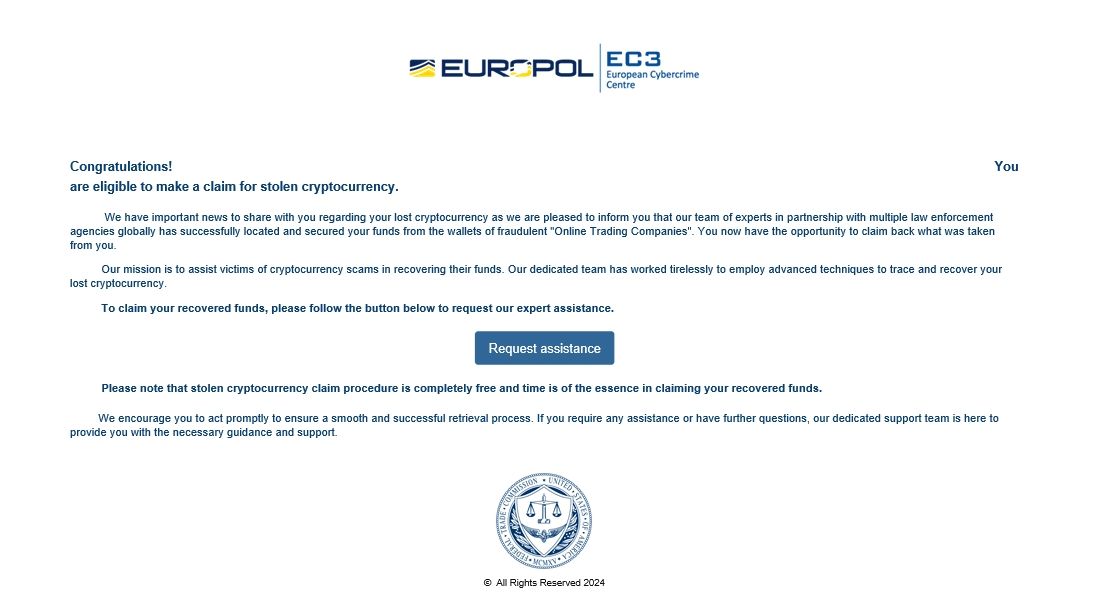
Citibank, Société Générale, and United Services Automobile Association (USAA) phishing
According to the Bitdefender Antispam Lab, cybercrooks continue to maintain the uptick in phishing schemes that impersonate well-known financial institutions to steal customers' personal information.
Some of the fraudulent emails we’ve seen bait recipients with bogus notifications that claim their scheduled payments are on hold or that their accounts have been blocked until they confirm various personal information.
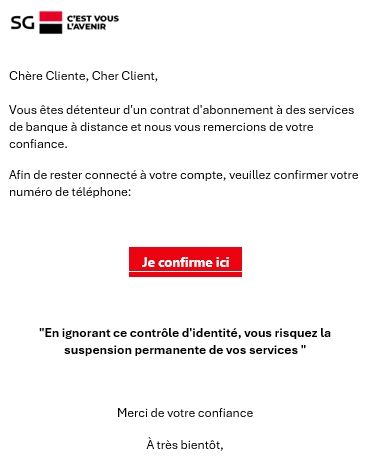
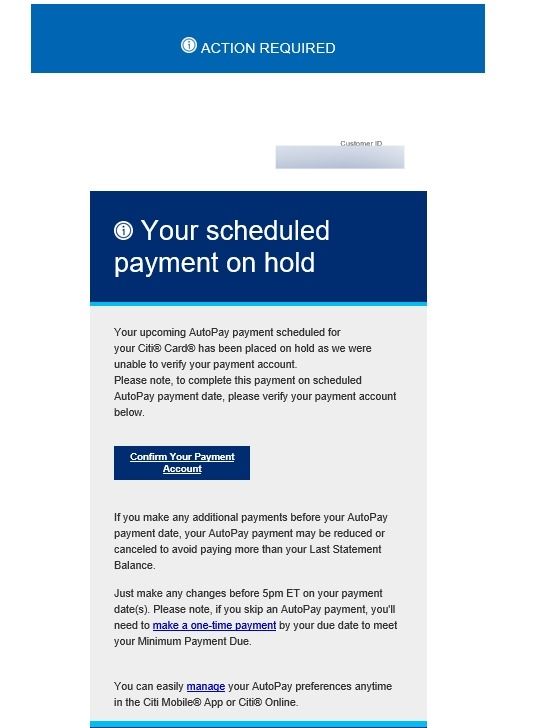
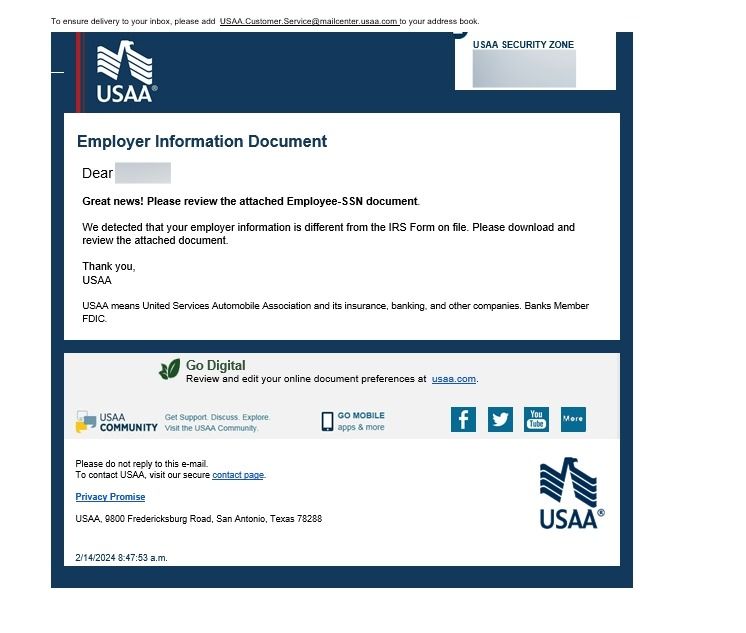
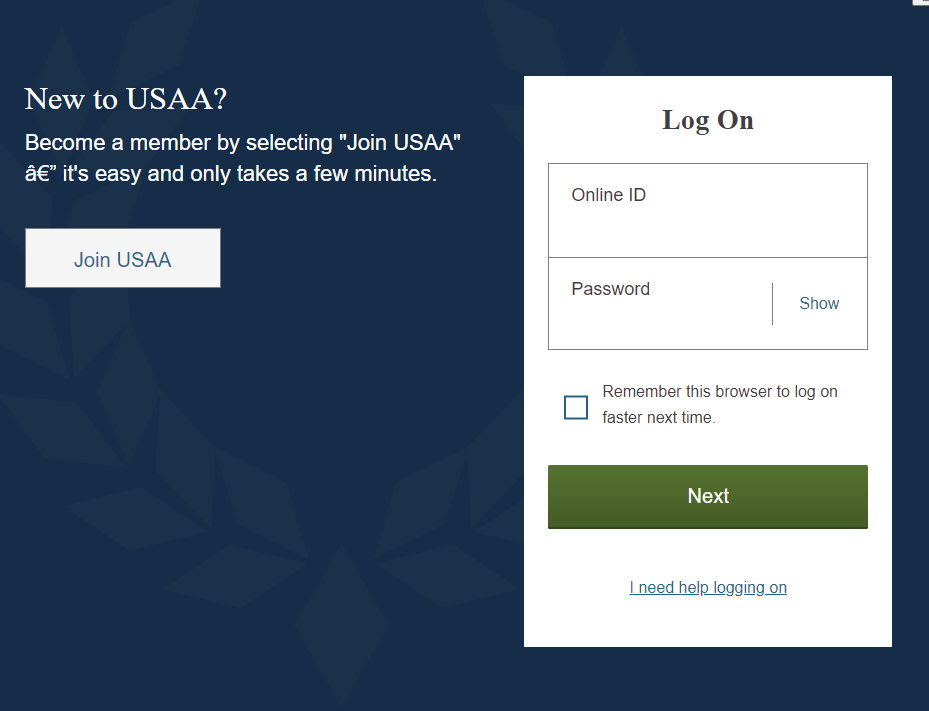
Delivery and giveaway scams
Delivery and giveaway scams never miss a beat in cybercriminals' agenda. Once again, our researchers have caught multiple attempts at gaining personal info via fake notices that claim deliveries are pending due to unmade payments or that you are the lucky winner of a weekly contest you never participated in.
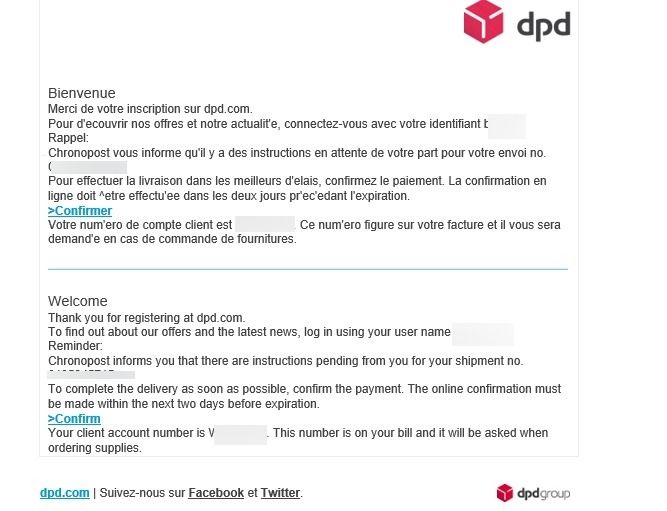
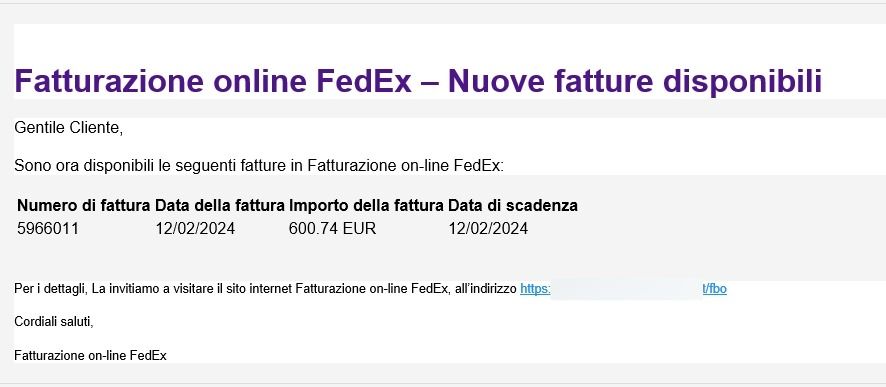

Fake Instagram and LinkedIn notices
Some people live and breathe social media, and this topic has made it our weekly scam pick. We noticed phishing campaigns that impersonated Instagram and LinkedIn and baited recipients with invites and account deletion warnings.
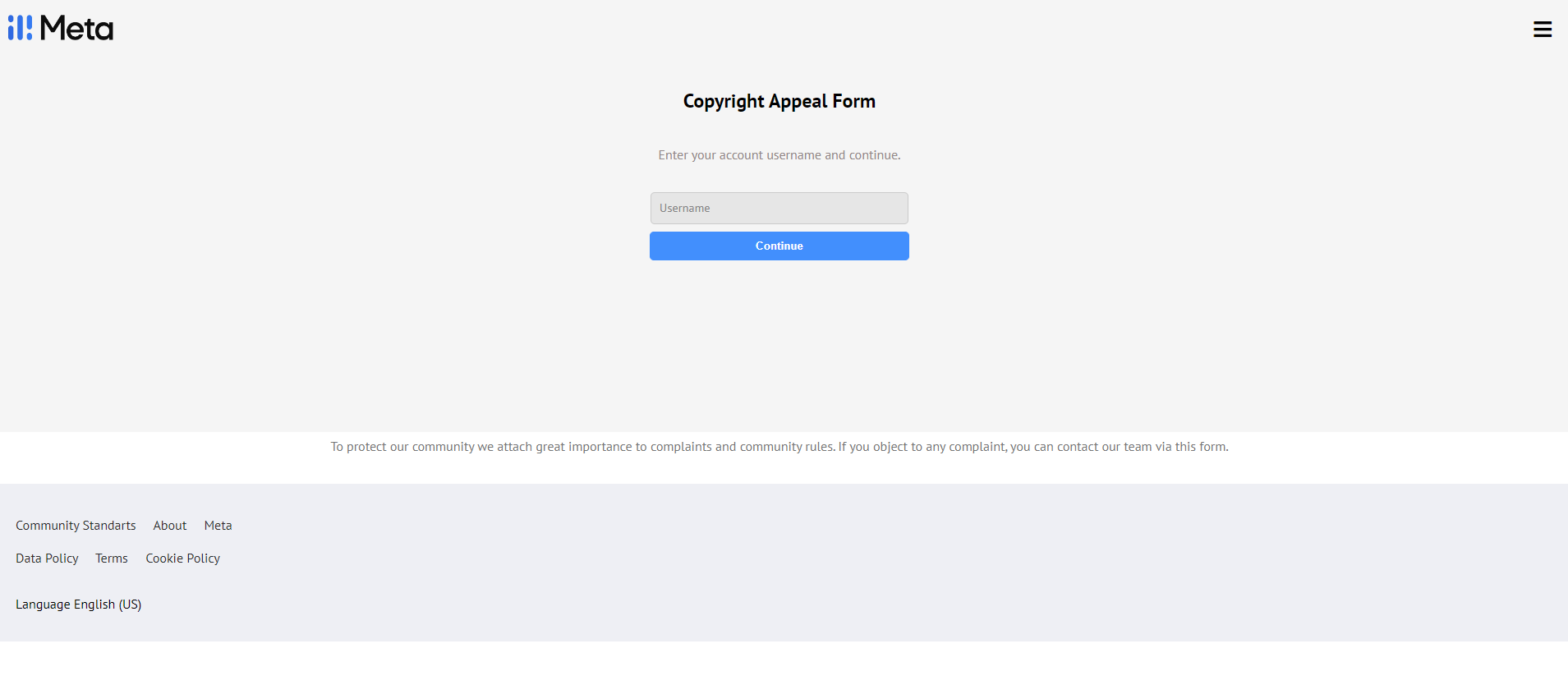

Cybercrooks want access to your Booking accounts
Fraudsters also attempted to mimic official Booking.com correspondence to take over accounts this week. One of the bogus messages was designed to look like a complaint warning from the travel platform.
The message told recipients that the establishment needed to take immediate action to “rectify any challenges or issues” the customers faced during their stay. Other fraudulent correspondence baited recipients with phony reservation messages and tips on how establishments can expedite their reservation processes.
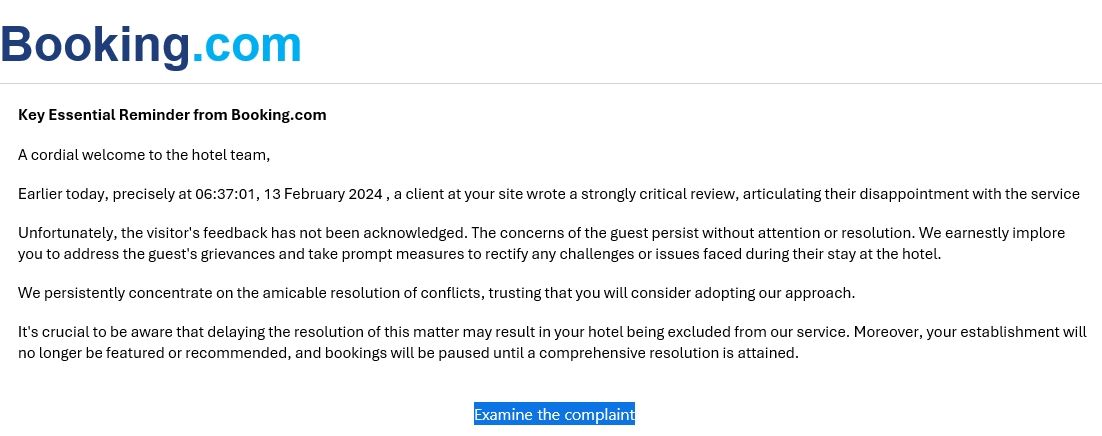


How can you protect against phishing and other email-based scams?
· Inspect unsolicited correspondence carefully. Look for suspicious email domains, typos, and unusual requests. If anything sounds off or too good to be true, it’s 100% a scam.
· Be wary of all notifications that say you must act quickly, verify, or provide sensitive information.
· Independently navigate to your online financial accounts to address potential security issues on your accounts and credit cards or confirm payments. Never access links or attachments in unsolicited messages
· Don’t send or call phone numbers to confirm sensitive information, credit card numbers, Social Security Numbers, or IDs.
· Report and delete messages you receive from unfamiliar domains or senders.
· Contact the platform, company, or organization via official channels only if you have doubts about the correspondence
· Use dedicated security tools to sniff out malicious and fraudulent emails
Pro tip: Use Bitdefender Scamio whenever you’re unsure about the legitimacy of any unsolicited message. Have a chat or upload a screenshot of the correspondence you’re uncertain about and immediately get a response. Scamio is our AI-powered scam detector that is free to use and employs our award-winning threat detection to help you outsmart scammers.
Don’t let scammers catch you off guard this year.
Opt for one of our all-in-one security solutions to protect all your devices from malicious and fraudulent activity.
With Bitdefender's all-in-one plans, you get award-winning antimalware protection and benefit from advanced anti-fraud and anti-phishing filtering systems that warn you whenever you visit a website that may try to defraud you. Moreover, we’ve also added a new and free layer of defense dedicated to fighting dangerous emails. Bitdefender Email Protection integrates with your Gmail and Outlook to watch over your mailbox and protect your money and credentials.
Paired with our state-of-the-art Password Manager to help you store sensitive data passwords, a powerful Premium VPN, or Digital Identity Protection, you can rest assured that your online privacy and identity are safe against snoops and identity thieves.
tags
Author
Alina is a history buff passionate about cybersecurity and anything sci-fi, advocating Bitdefender technologies and solutions. She spends most of her time between her two feline friends and traveling.
View all postsRight now Top posts
How to Protect Your WhatsApp from Hackers and Scammers – 8 Key Settings and Best Practices
April 03, 2025
Outpacing Cyberthreats: Bitdefender Together with Scuderia Ferrari HP in 2025
March 12, 2025
Streamjacking Scams On YouTube Leverage CS2 Pro Player Championships to Defraud Gamers
February 20, 2025
How to Identify and Protect Yourself from Gaming Laptop Scams
February 11, 2025
FOLLOW US ON SOCIAL MEDIA
You might also like
Bookmarks







